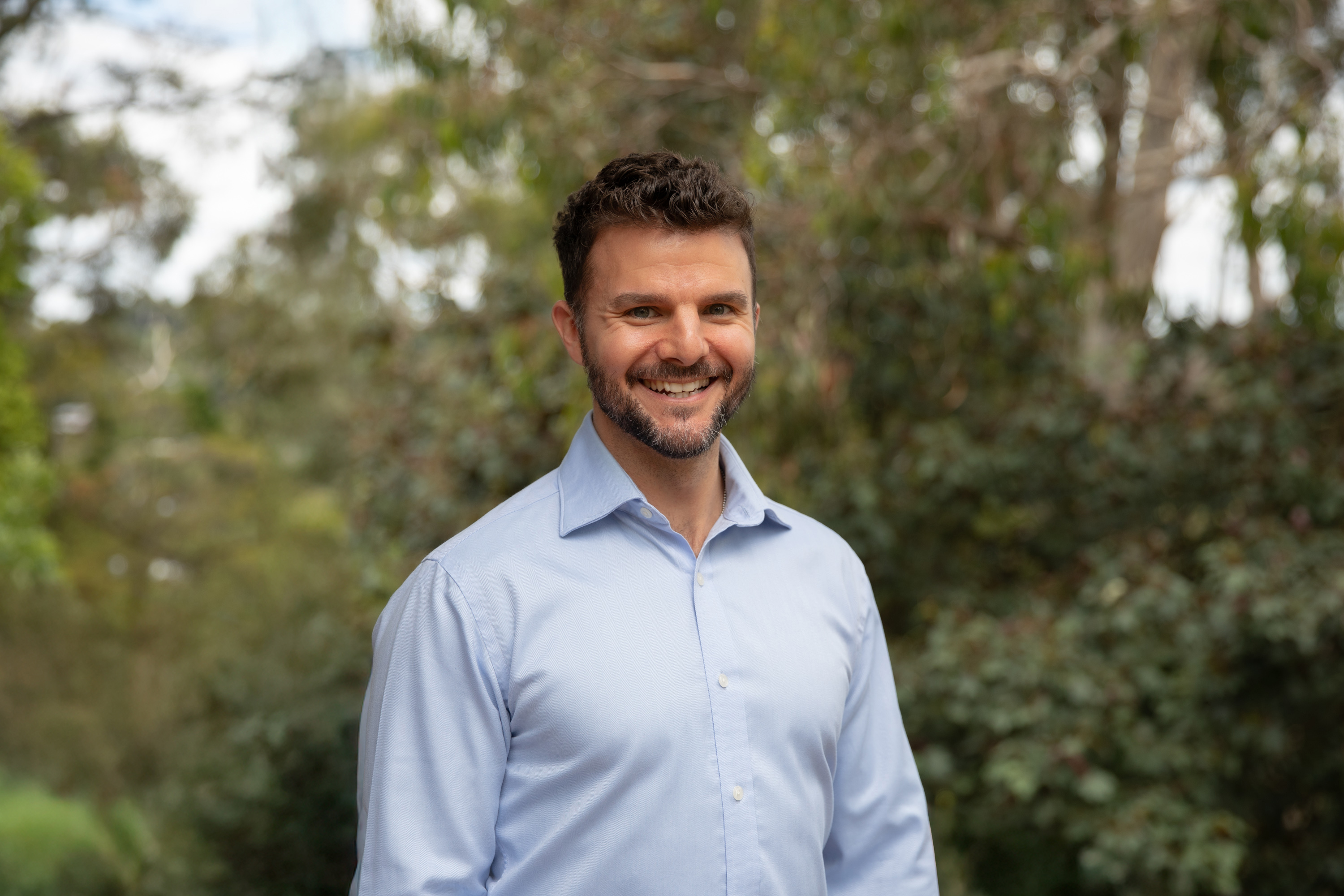What Is Trauma? (And Why It’s Not Just About “Big” Events)
“Your trauma is valid, even if no one else knows about it.”
Trauma isn’t just about life-threatening events – it’s any experience that overwhelms your ability to cope. It can come from:







How Trauma Affects the Mind & Body
When you experience trauma, your brain and body shift into survival mode.



This can lead to:







How Counselling Helps You Process Trauma & Heal
Healing from trauma isn’t about “forgetting” what happened – it’s about integrating the experience in a way that no longer controls you.

Many trauma survivors feel alone in their pain.
A counsellor provides a judgment-free space where you can process what happened at your own pace.
Talking about trauma in a structured, supportive way can help the brain make sense of it.

Counselling helps you recognize how past trauma affects your present.
You’ll learn why certain triggers cause strong emotional or physical reactions.
When you understand what’s happening in your brain and body, you can start regaining control.

Since trauma is stored in the nervous system, healing isn’t just about talking—it’s also about calming the body.
Techniques like breathwork, mindfulness, and grounding exercises can help regulate your nervous system.
A counsellor can teach you practical ways to feel safe in your body again.

Trauma often leads to beliefs like:



Counselling helps you challenge these thoughts and replace them with self-compassion and empowerment.

Healing means learning to trust yourself and others again.
It’s about reconnecting with life in a way that feels safe and fulfilling.
With the right support, you can reclaim your sense of self and feel in control of your future.

How Do You Know If You Should See a Counsellor?
If trauma is affecting your daily life, relationships, or well-being, seeking support can be a powerful step.






Final Thoughts: Healing Is Possible
Trauma changes you, but it doesn’t have to define you. With the right support, you can heal, grow, and reclaim your life.



If you’re ready to take the first step in healing, book a conversation with me to learn more about trauma counselling; because your past may shape you, but it doesn’t have to control your future.

